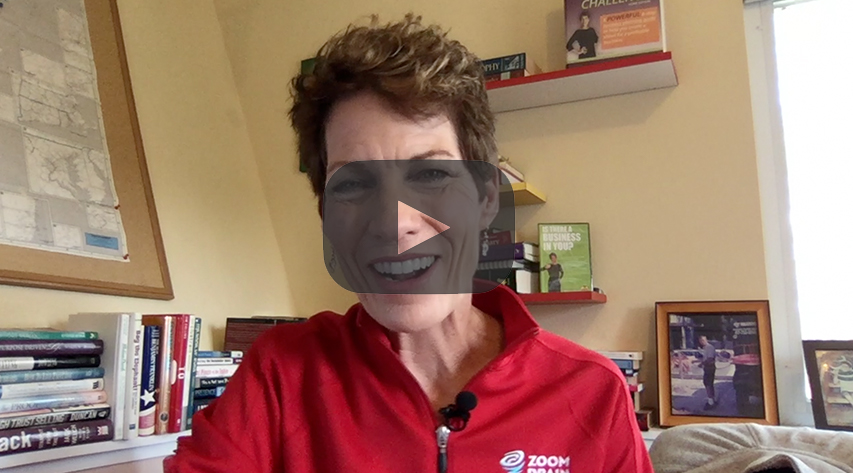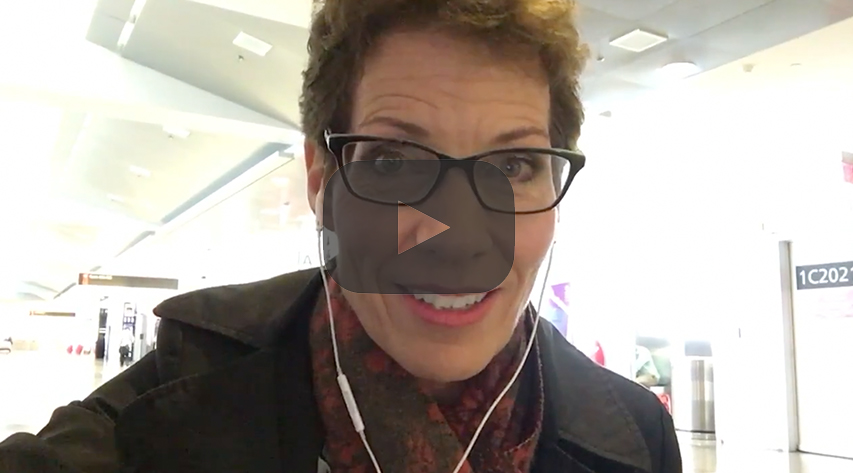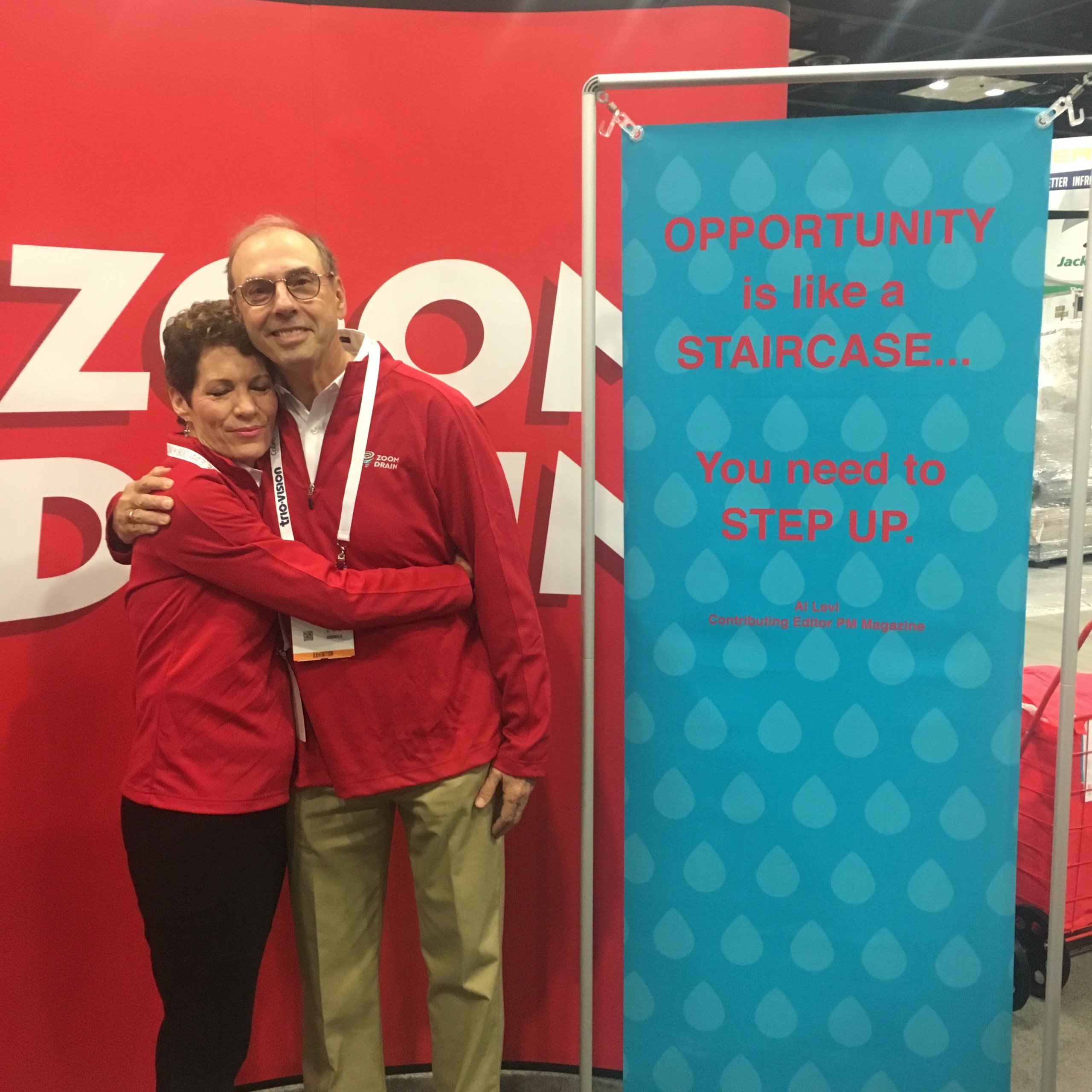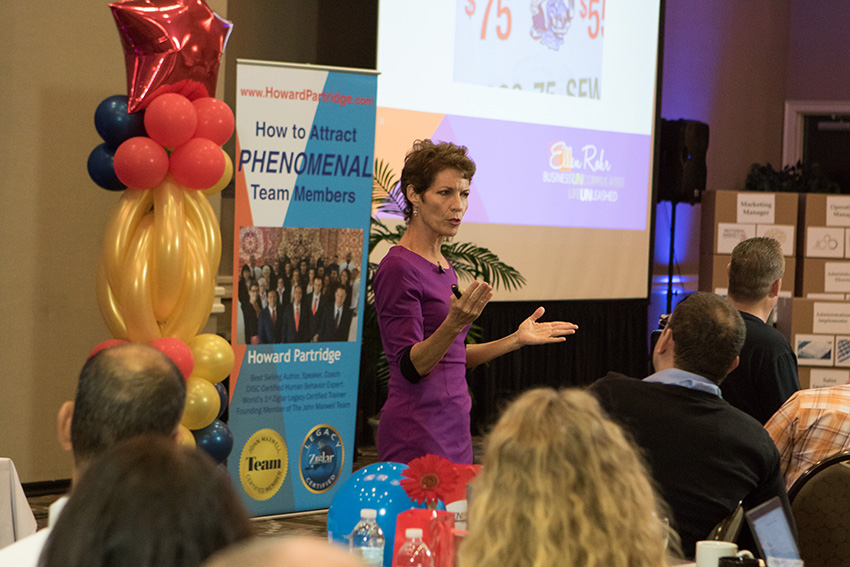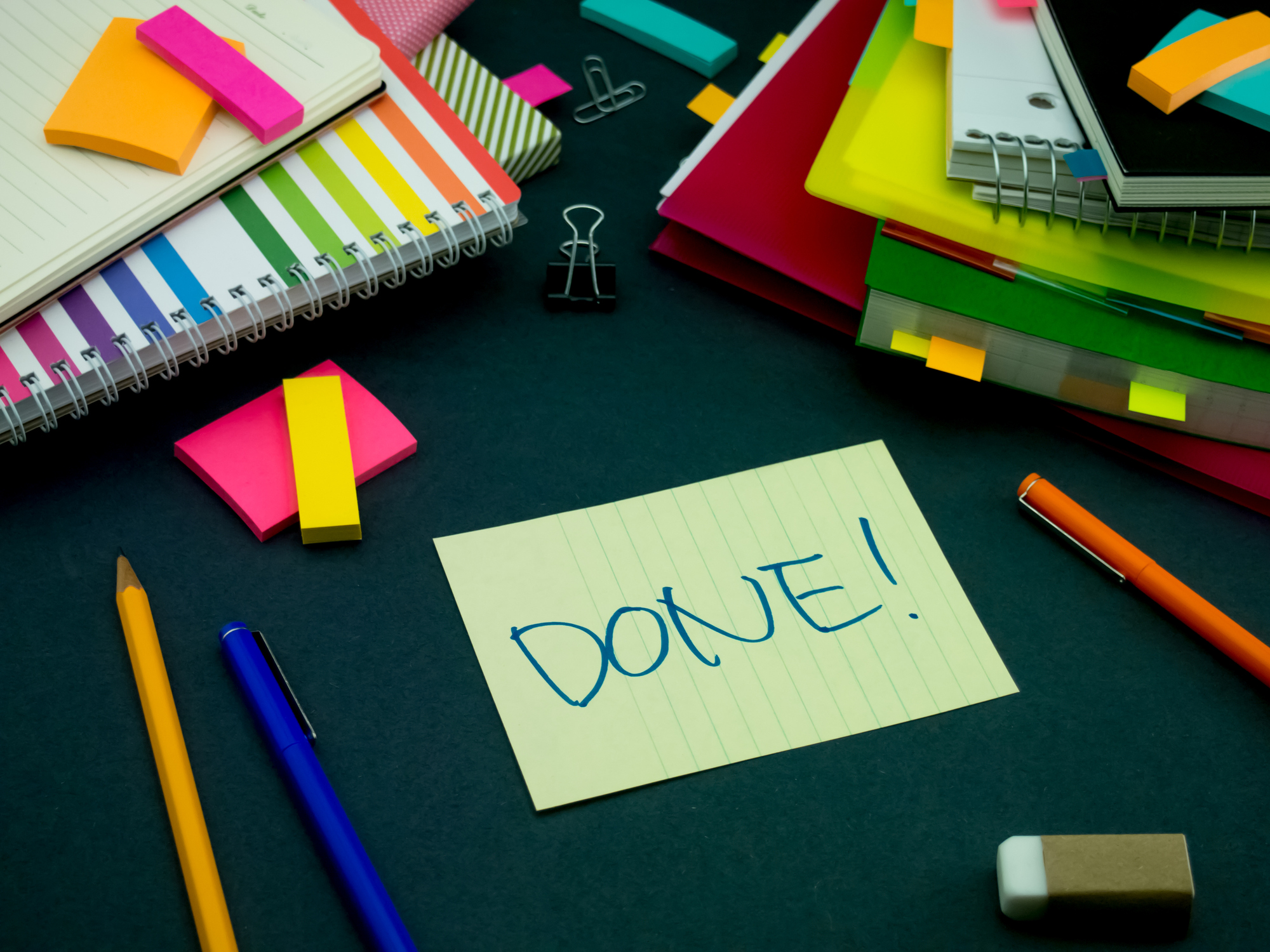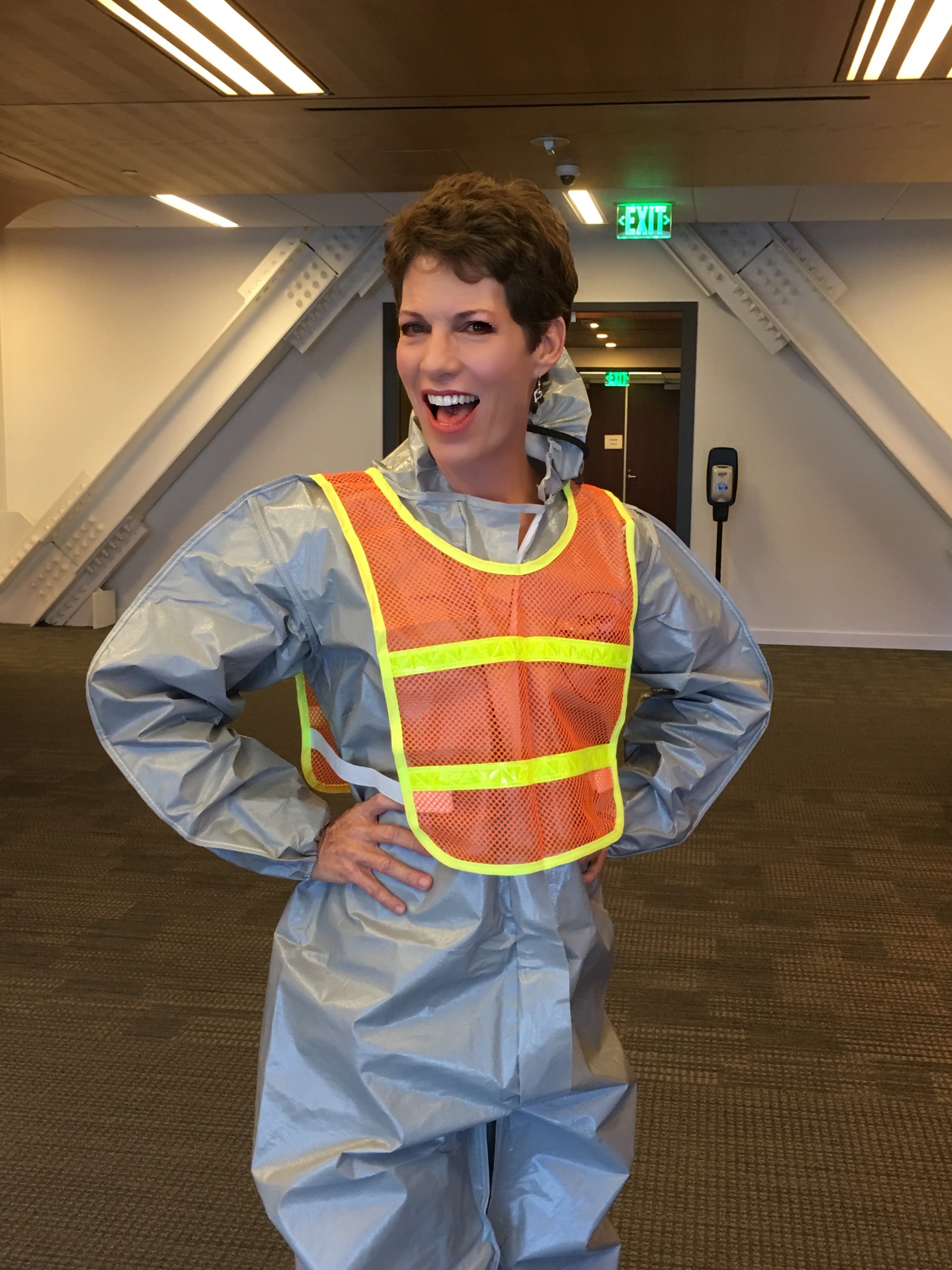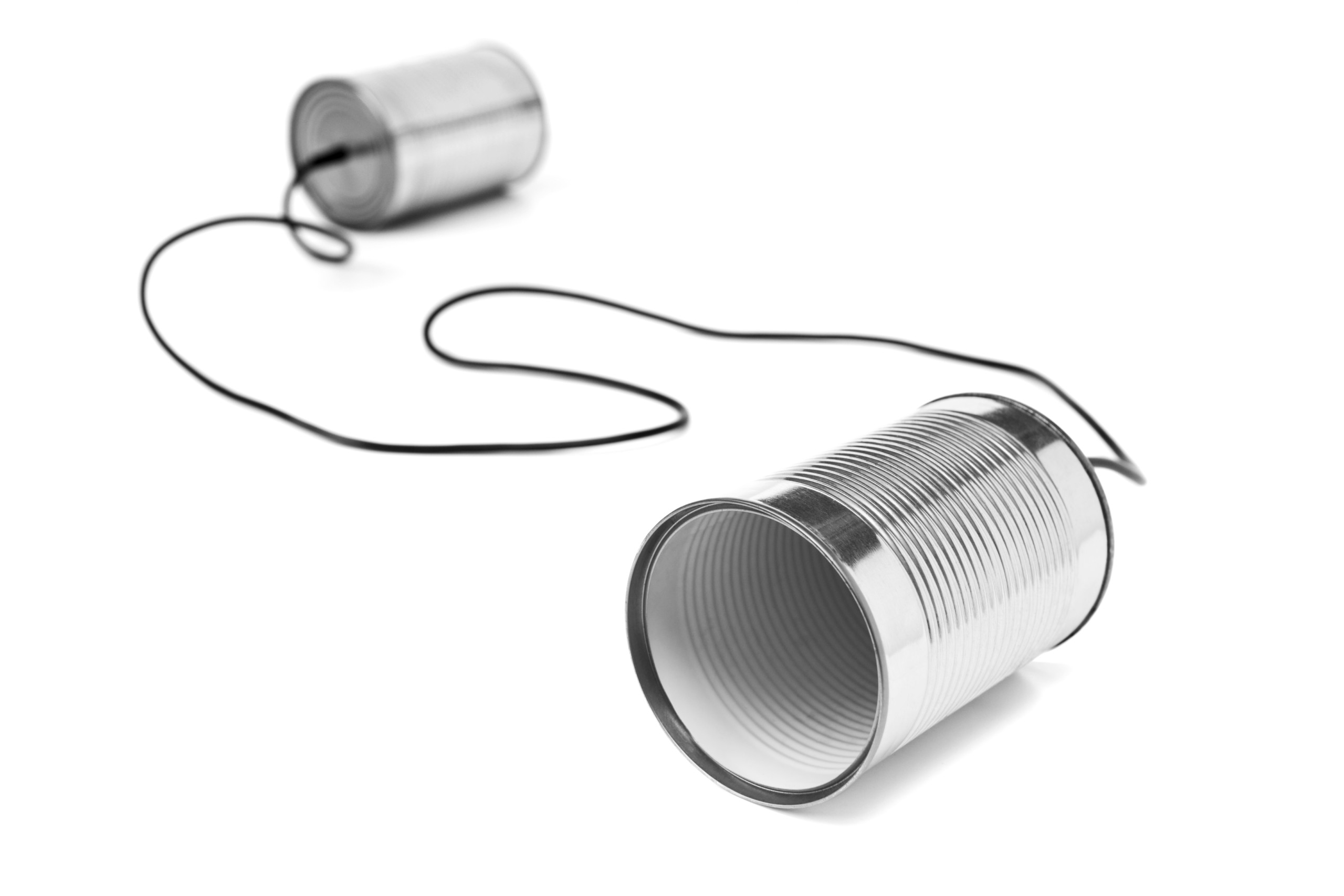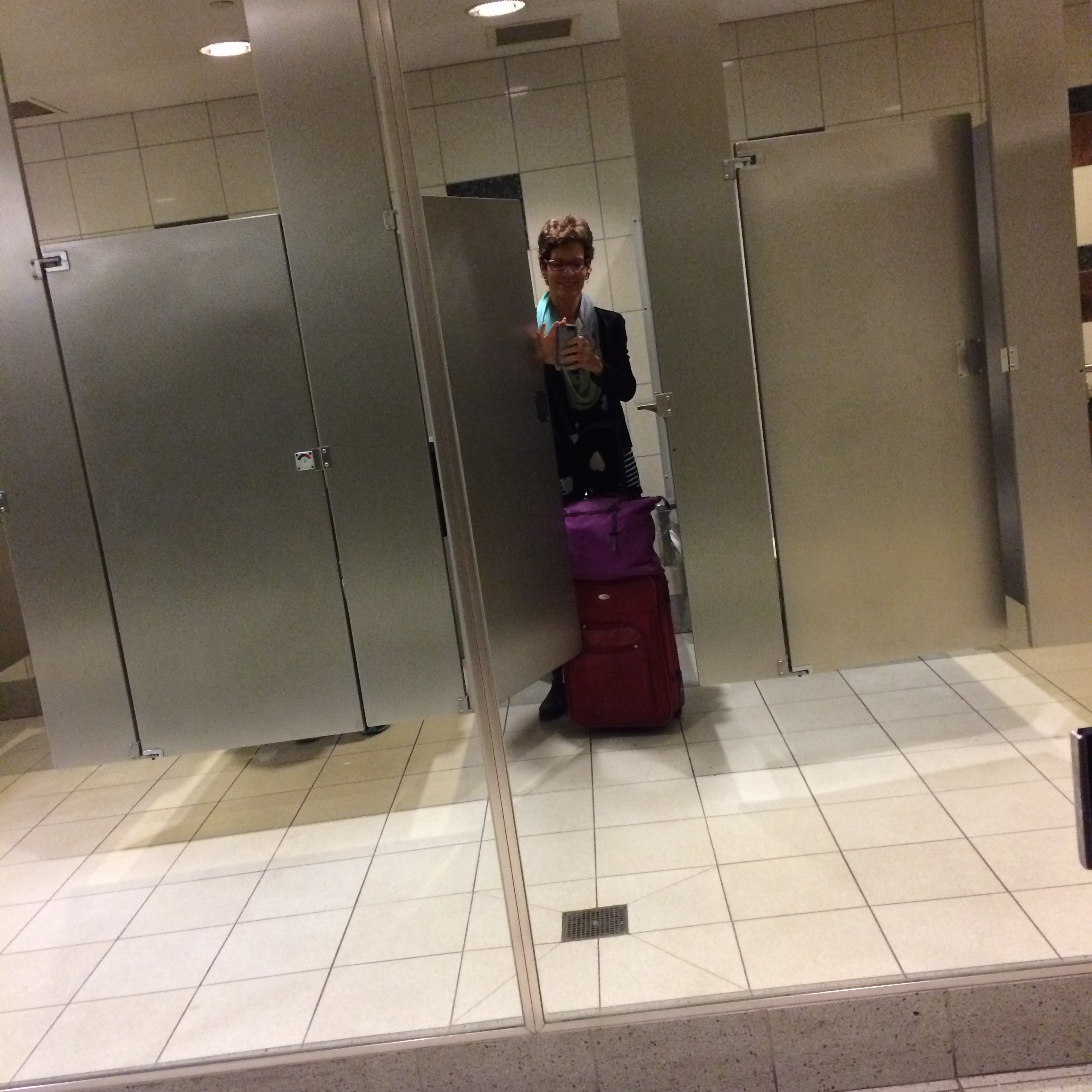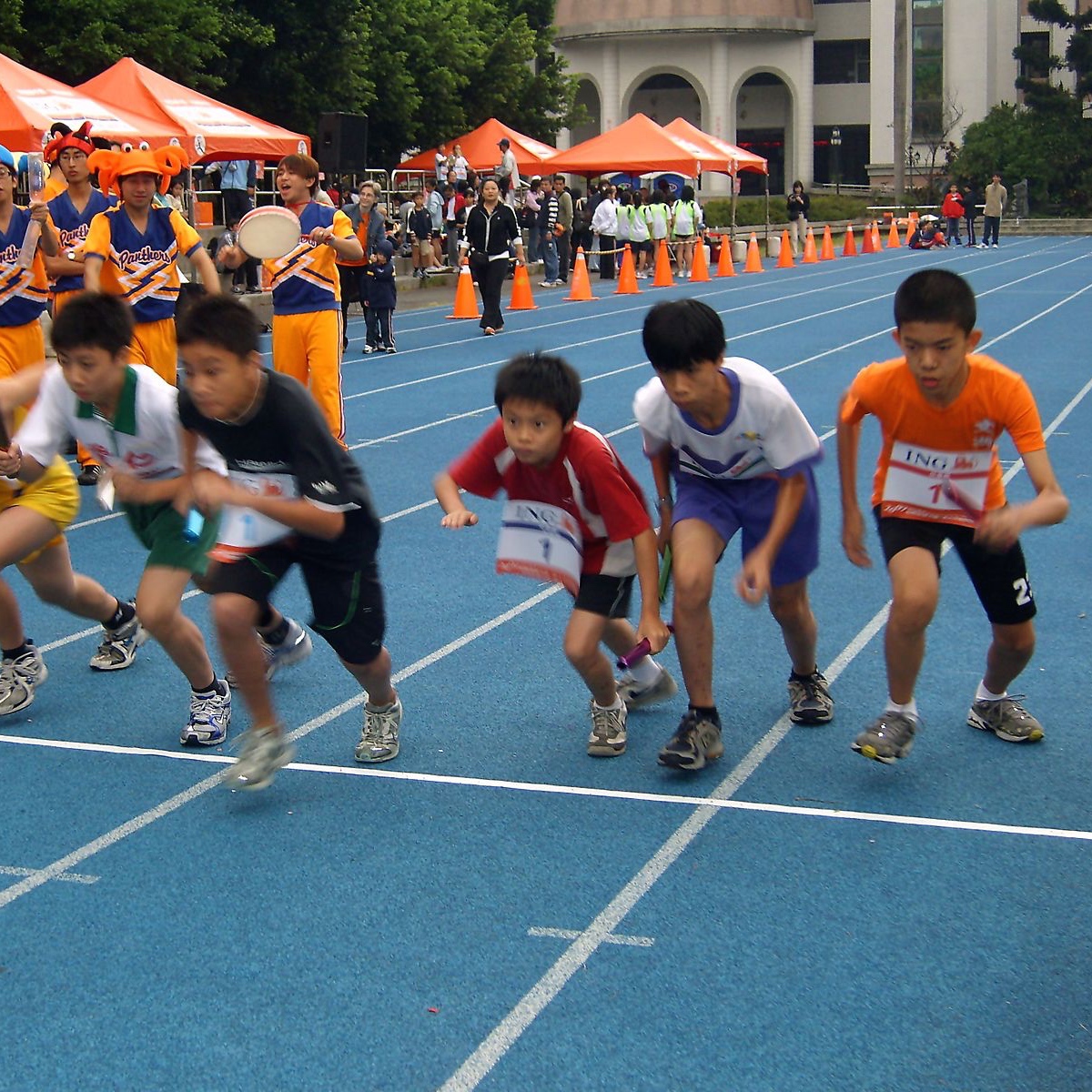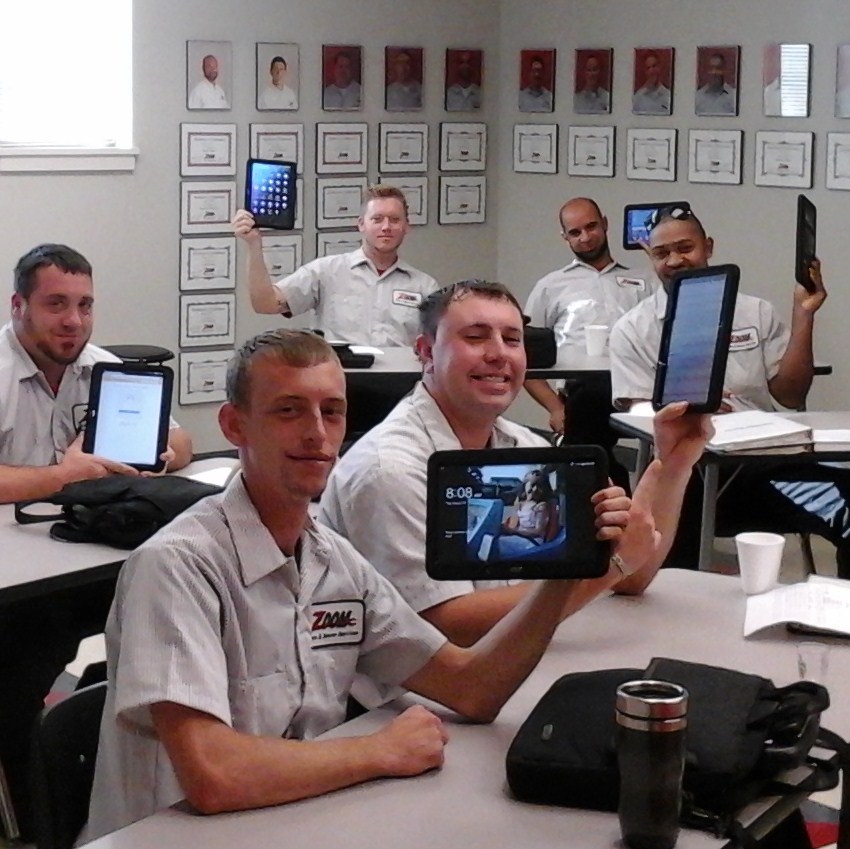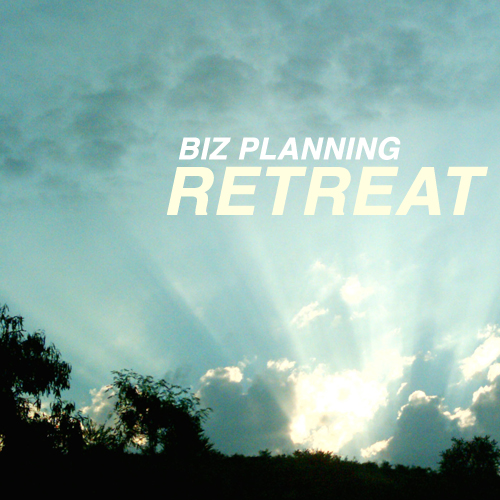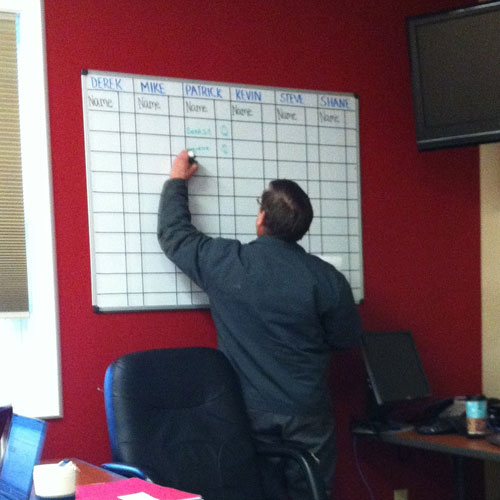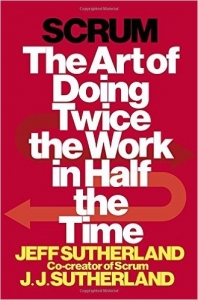 Aren’t we always looking to get more done in less time? So we show up early and work late and it never seems to be enough. Is the answer multitasking?
Aren’t we always looking to get more done in less time? So we show up early and work late and it never seems to be enough. Is the answer multitasking?
Unfortunately, no. According to a report from the University of London, multitasking makes you less intelligent. They found that levels in IQ dropped as test participants multitasked. The IQ levels were what would be expected if the participants had just smoked pot or stayed awake all night. Wow.
So doing many things at once, or trying to, is a bad idea. Jeff Sutherland, author of the book SCRUM, says that the reduced mental capacity caused by multitasking makes us erroneously think that we are crushin’ it when we are actually losing focus and productivity. Add to this that today’s work environment encourages multitasking. Job descriptions commonly ask for applicants to “balance many projects at one time.” Sheesh. No wonder we get stressed out and exhausted.
So what’s an over-achiever to do?
Mr. Sutherland suggests we are more productive when we work less and focus our energy. In SCRUM, he also describes a sound approach to building functional teams to get projects done. Less divide and conquer and more collaborative construction. We can get more done if we don’t try and do everything. Makes sense!
David Allen, author of Getting Things Done, warns of responding to questions with the standard, “I’ll get back to you.” When you leave an “open loop” of communication you waste mental energy holding on to that promise. He suggests you make fewer promises. And write down all promises and next steps. Create a To Do list and use your calendar. Good, basic advice.
Tim Hartford wrote a terrific piece for Financial Times magazine that delves into multitasking and its sister wives, task-switching, getting distracted and managing multiple projects. Some situations are less detrimental than others. For instance, folding wash while watching TV isn’t going to cause too many problems. However, the dangers of texting and driving are well documented. Mr. Hartford lays out the arguments for and against multitasking. More accurately, he shares lots of data assuring us that multitasking is a bad idea, then realistically maintains it may not be possible to exist today without layering activities.
There is an elusive sweet spot.
That’s when we move from task to task with less drama and more freedom. We all have a lot to do, but sighing, complaining, panicking and getting frustrated are optional. If we were to move through our busy lives accepting that “life gets lifey,” we may still manage some lovely in-the-moment experiences. We will never get it all done. We are always dropping a ball somewhere. Could we just not be the most accomplished person on the planet? Sure, write your To Dos down. Yes, use a calendar. Yes, learn more about managing teams (SCRUM is worth reading!) Then, let it go and punch out.
And, wouldn’t you know, as you pet your dog or watch the sun set, you get a lightning bolt of insight about that project you’ve been working on.
“As the story has it, Archimedes was struggling with the task of determining whether a golden wreath truly was made of pure gold without damaging the ornate treasure. The solution was to determine whether the wreath had the same volume as a pure gold ingot with the same mass; this, in turn, could be done by submerging both the wreath and the ingot to see whether they displaced the same volume of water.
“This insight, we are told, occurred to Archimedes while he was having a bath and watching the water level rise and fall as he lifted himself in and out. And if solving such a problem while having a bath isn’t multitasking, then what is?”
Tim Hartford
xo$ Ellen
PS…I’ve got more to share on this hot topic! Join me on 10.27.2015 for my live webinar, “How To STOP Distractions from Derailing Your Business”
WEBINAR: How to Stop DISTRACTIONS from Derailing Your Business



